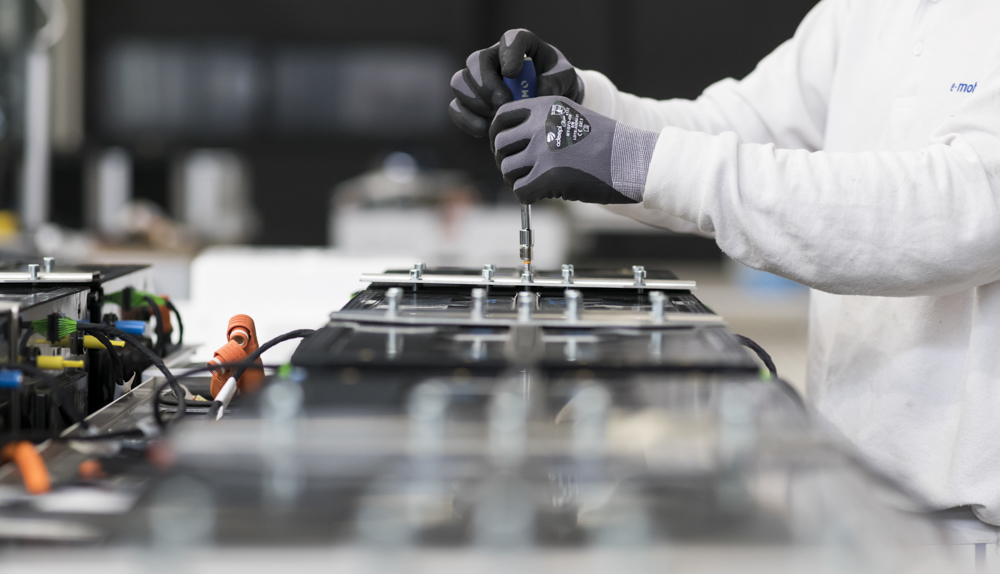Ibil and irizar will push for electric bus batteries to have a second life storing energy at charging points.
Electric mobility solution development pioneers Ibil and Irizar signed a collaboration agreement that will grant a second life to electric bus batteries.
Under the agreement signed by the companies, the batteries Irizar produces and installs in its buses, and their power electronics, will be reused as energy storage elements in charging facilities that Ibil is developing and deploying for Respol service stations and others.
Batteries are the most fundamental part of an electric vehicle. The range, price, charging speed and useful life of the vehicle depend on them. The useful life of batteries can reach 15 years for urban electric buses, because they are charged daily and at high power. After that time has passed, the accumulators need to be replaced in order for the vehicle to maintain its original functionality. The end of the first life, however, does not mean that the batteries have lost all their charging capacity. So, far from discarding the batteries and in service of their commitment to the environment and the circular economy, sustainable reuse in charging station storage applications will be introduced for stabilising energy demands when vehicles are charged at high power.
Irizar and Ibil have the solution to this situation. Batteries with a second life can be installed in Ibil charging points to store energy such that it can be used to achieve a the following goals. It can reduce the power needed from the electrical grid, thus bringing down both operation and infrastructure costs. And it also makes it possible to deploy high power charging infrastructures, even in places where connecting to the electrical grid is more costly and complex. In addition, with that kind of charging infrastructure using storage back up, distributed photovoltaic power generation can be integrated into the system to generate power locally.
